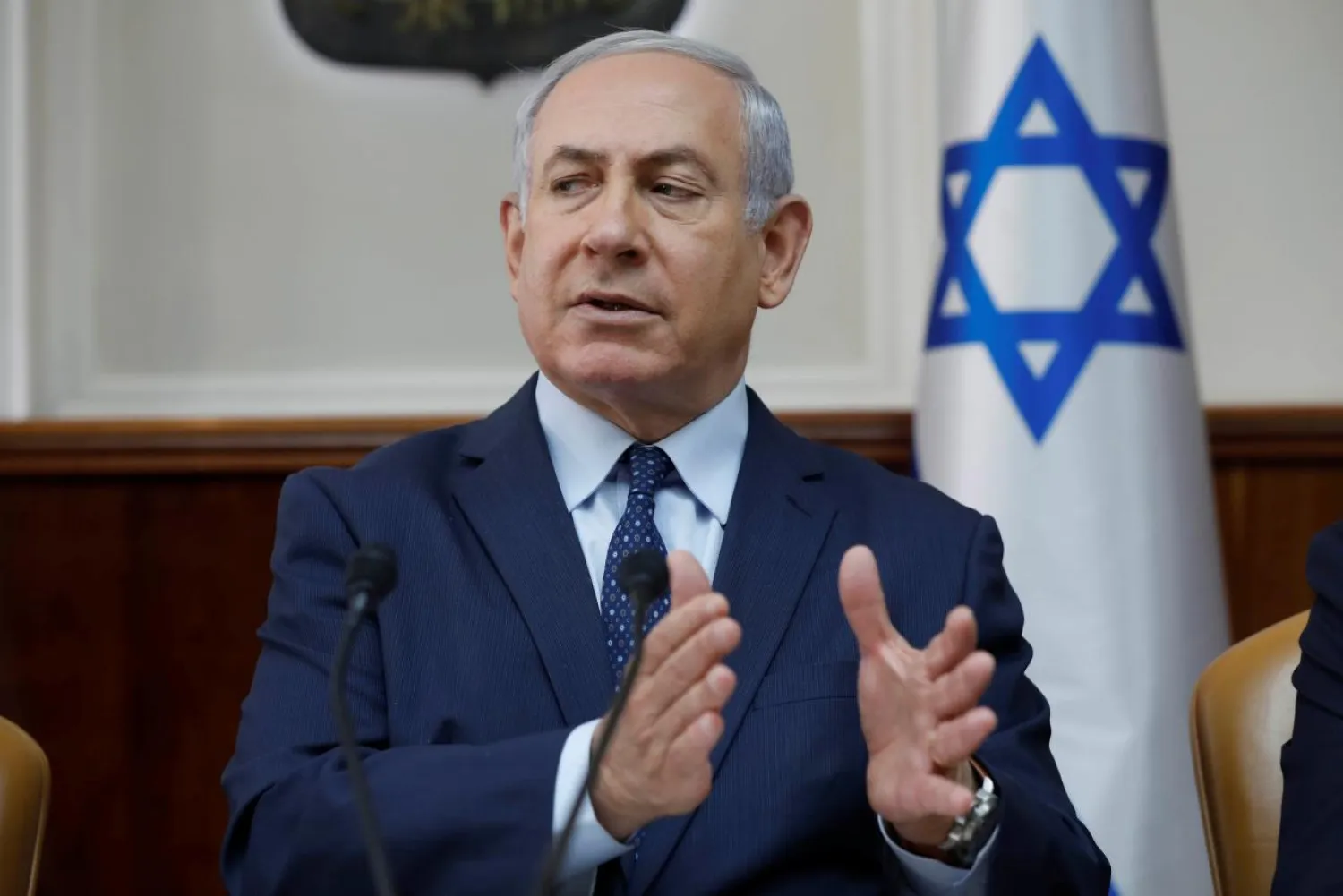Following a debate over whether Israel had apologized to Jordan or expressed its regret only for a murder incident witnessed by its embassy in Amman last year, Prime Minister Benjamin Netanyahu said that Israel had expressed regret and sorrow to Jordan, and he announced that his country’s embassy will resume full activity immediately.
Sources in Tel Aviv denied that Israel had apologized for the crime committed by an Israeli security officer at the embassy in July; they said that Tel Aviv expressed its regret only.
They added that the new agreement on reconciliation between the two governments had been in place for weeks, but the explosion of the crisis resulting from the declaration of US President Donald Trump regarding Jerusalem postponed the announcement.
Speaking to journalists on his returning with him from India, Netanyahu expressed regret and confirmed that Israel will pay the Jordanian government compensation for the death of the two citizens, whot were killed in a confrontation with an Israeli embassy guard in Amman last year, but will not award compensation to the family of the victims.
Israel’s ambassador returned to Israel along with the guard involved in the shooting. The guard claimed self-defense and received a hero’s welcome at home, angering Jordanians.
When asked if the sides could have conducted themselves better, Netanyahu said, "I'm sure both of the sides have drawn conclusions from this incident. I have done in it on our side and I think that Jordan has done it for its side.”
"We have a strong interest in this relationship," Netanyahu said, adding that that was the reason "for the resolution of the crisis."
He also said he would soon decide on the identity of Israel's new ambassador to Jordan.
"I value very much the ambassador who was there and this will be reflected in her next appointment," he said.
The Prime Minister's Office said that Israel and Jordan had reached an agreement on the embassy killing, and an apology and compensation were also offered for a second case that was a point of contention between the two countries, the March 2014 shooting under disputed circumstances of Raed Zeiter, a Jordanian magistrate’s court judge, by an IDF soldier.
The embassy in Amman has been closed since July, when an Israeli guard, Ziv Moyal, shot dead two Jordanians, Mohammed Jawawdeh and Bashar Hamarneh.
According to Jordan, there was a dispute about the price that turned into a fight and the officer quickly shot Jawawdeh and Hamarneh, who came to the house after hearing the scream.
Hamarneh, a physician, was a bystander. He was the owner of the apartment in which the incident occurred, where Jawawdeh, according to Jordanian accounts, had come to install furniture.
Israel said that Moyal acted in self-defense after being stabbed with a screwdriver by 17-year-old Jawawdeh, who was affected by the events in al-Aqsa Mosque.
What inflamed matters further was that Netanyahu’s staff released a video of the premier hugging and praising Moyal in his office after the latter’s return. Netanyahu said Moyal had handled himself well and that he was “happy things ended the way they did”.









